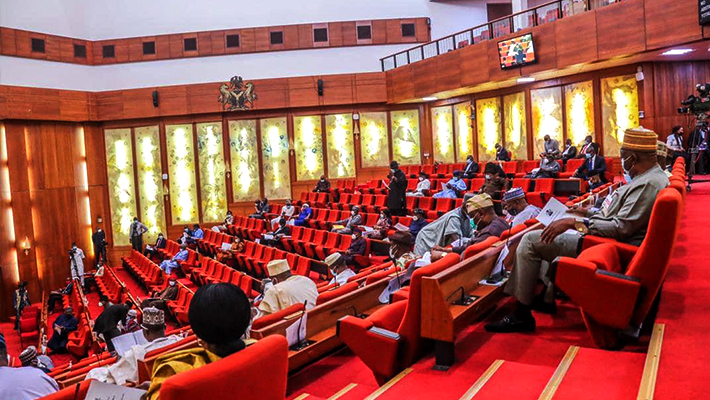A new film institute or just another federal redundancy? Bill to establish National Institute for Film passes second reading

When Hon. Kama Nkamkanma, a first-term lawmaker from Ebonyi State, introduced a bill to establish the National Institute for Film and Media Technology in Ukawu, it stirred hope among his constituents—but also raised red flags within Nigeria’s creative sector.
The bill, which has passed its second reading in the House of Representatives, proposes a new federal institution aimed at training professionals in film and media.
At face value, it seems like a positive initiative. After all, Nigeria’s film industry—popularly called Nollywood—is one of the largest in the world. Why not invest more in developing the skills to support it?
But here lies the problem: Nigeria already has a federally funded film school—the National Film Institute (NFI)—located in Jos, Plateau State.
Established under the Nigerian Film Corporation (NFC), the NFI has trained filmmakers for decades, despite struggling with underfunding, infrastructural decay, and a lack of modern equipment.
So the question becomes: Do we need a new film institute—or do we need to fix the one we have?
At a public hearing hosted by the House Committee on Information, National Orientation, Ethics and Values, opinions were split.
Some stakeholders, particularly those from Ebonyi State, supported the proposed institution.
They saw it as a step toward decentralization and development.
Others, including the NFC, argued strongly against the bill, warning that it amounts to duplication, not innovation.
The NFC made it clear: “There is no justification for establishing another film institute. Resources should be channeled into improving the existing NFI in Jos.”
Oddly, the Radio, Television, Theatre and Arts Workers’ Union of Nigeria (RATTAWU)—the mother union of both NFC and NFI—supported the bill, calling for the inclusion of more union members in the proposed governing council.
Yet the bill’s Section 2 already names NFC board members as council members for the new institute, blurring the lines between governance and redundancy.
This raises critical concerns:
What happens to the NFI if another institute with near-identical functions and overlapping leadership is established?
Will it fade further into neglect, or be cannibalized by the new institute?
More importantly, can we afford to keep creating new federal institutions without fixing the old ones?
The issue here isn’t about Ebonyi State’s right to development—it’s about thoughtful policy.
It’s about whether Nigeria will continue to scatter limited resources across redundant projects or finally commit to building world-class institutions that last.
Hon. Nkamkanma’s intentions may be noble, but good governance demands more than good intentions.
It requires clarity, accountability, and a firm grasp of national priorities.
Until we see those, this bill looks less like progress—and more like politics as usual.
Post Views: 47





